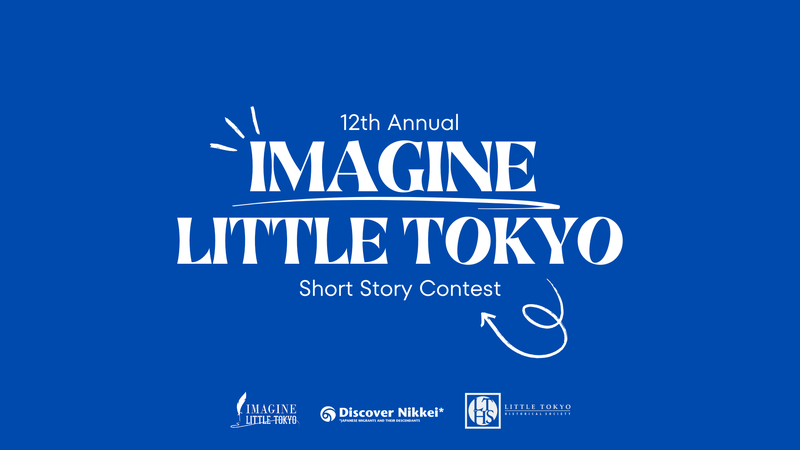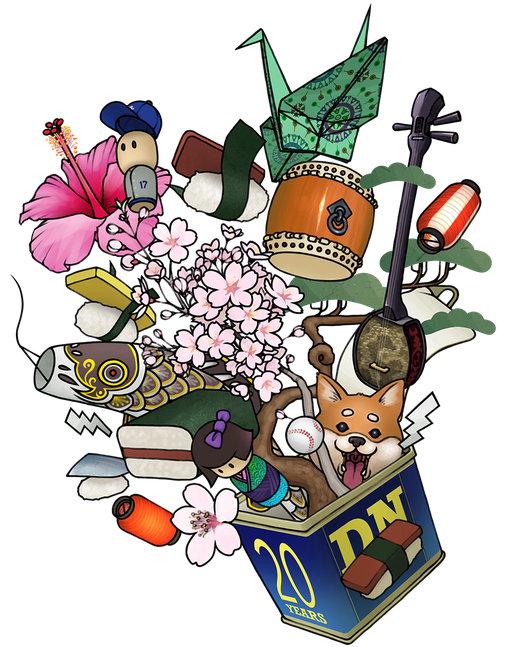Interviews
Explore More Videos
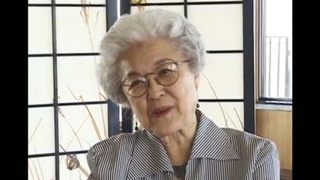
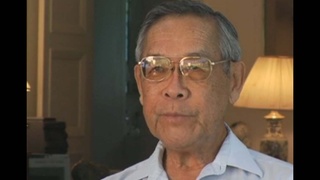
Visiting family in Japan
(1923-2011) Lawyer, MIS veteran, founder of Francis and Sarah Sogi Foundation
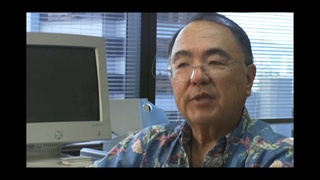

Being accepted as biracial family
(b.1944) Founder of Kobayashi Group, LLC
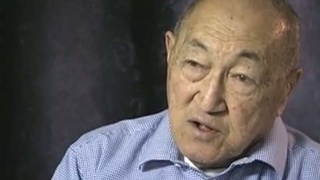
Memories of railroad workers who stayed at family's prewar hotel in Spokane, Washington
(b. 1923) Chick sexer
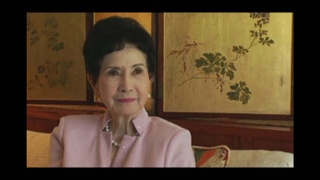
Growing up with Japanese language and values
(1925 - 2018) Nisei educator from Hawai‘i
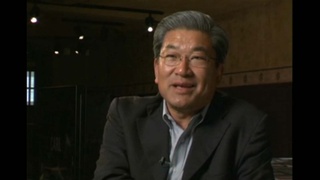
Retaining Japanese customs (Spanish)
(b. 1950) Nisei Chilean, Businessman
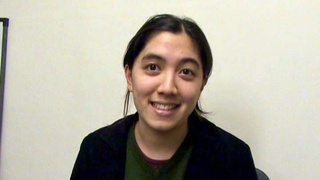


Studying Japanese to understand her grandfather (Spanish)
Sansei Argentinean
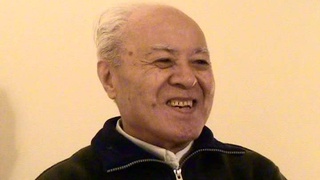
The most memorable day of his life (Japanese)
(b. 1917) Okinawan, Issei Argentinean

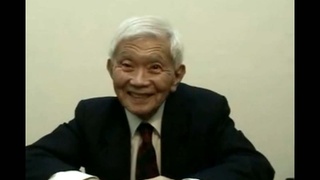
No more close family in Japan (Spanish)
(1925-2014) La Plata Hochi, Journalist
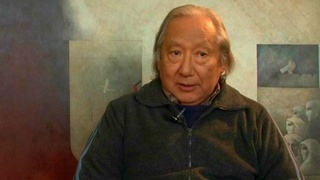
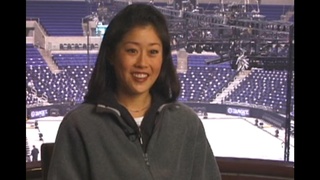
Grandparent's unspoken past
(b.1971) Professional figure skater and Olympic gold medalist.

Discover Nikkei Updates

